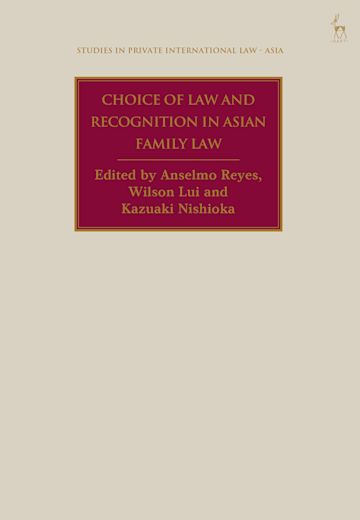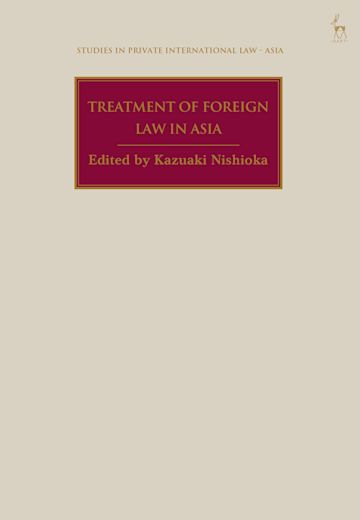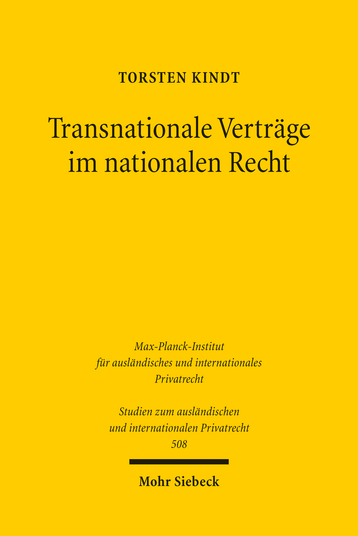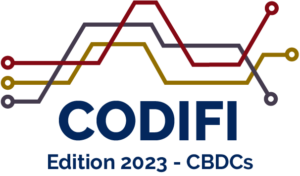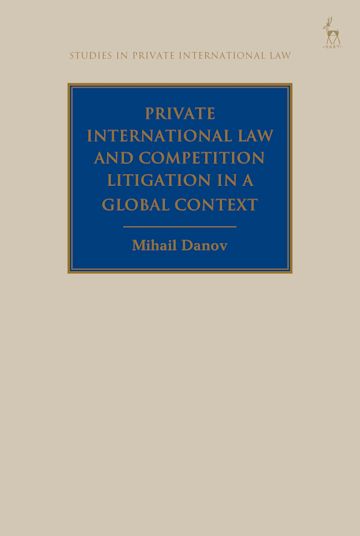Virtual Workshop (in English) on October 10: Diego Fernández Arroyo on “Transnational Commercial Arbitration as Private International Law Feature”

On Tuesday, October 10, 2023, the Hamburg Max Planck Institute will host its 37th monthly virtual workshop Current Research in Private International Law at 11:00-12:30 (CEST). Diego P. Fernández Arroyo (Sciences Po Law School) will speak, in English, about
Transnational Commercial Arbitration as Private International Law Feature
A significant part of private international law (PrIL) disputes is nowadays solved by means of arbitration. At the same time, the range of arbitrable issues has been growing up for decades. Consequently, arbitration is no longer ignored by PrIL scholars, who, nevertheless, hesitate about how to deal with it. Many of them are only attracted by the fact that arbitral tribunals are often confronted to ordinary problems of determining the law applicable to a particular issue. Through the lens of this classical-PrIL approach, they identify sometimes conflict-of-law rules in arbitration instruments. Without denying any interest to this option, we will try to provide a more comprehensive view, starting by revising the very respective notion of arbitration and PrIL as well as their interaction, and concluding to challenge the excessive role played by the seat of the arbitration.
The presentation will be followed by open discussion. All are welcome. More information and sign-up here.
If you want to be invited to these events in the future, please write to veranstaltungen@mpipriv.de.

